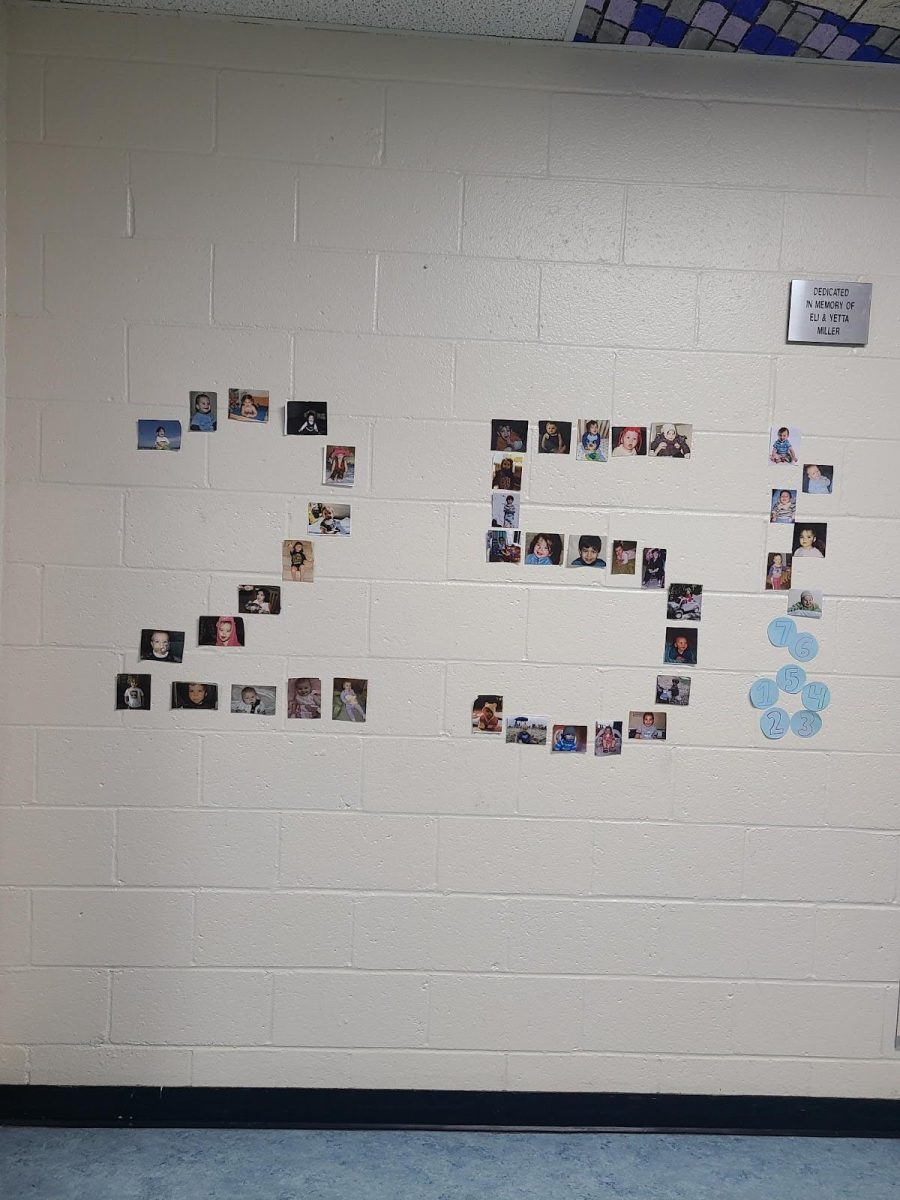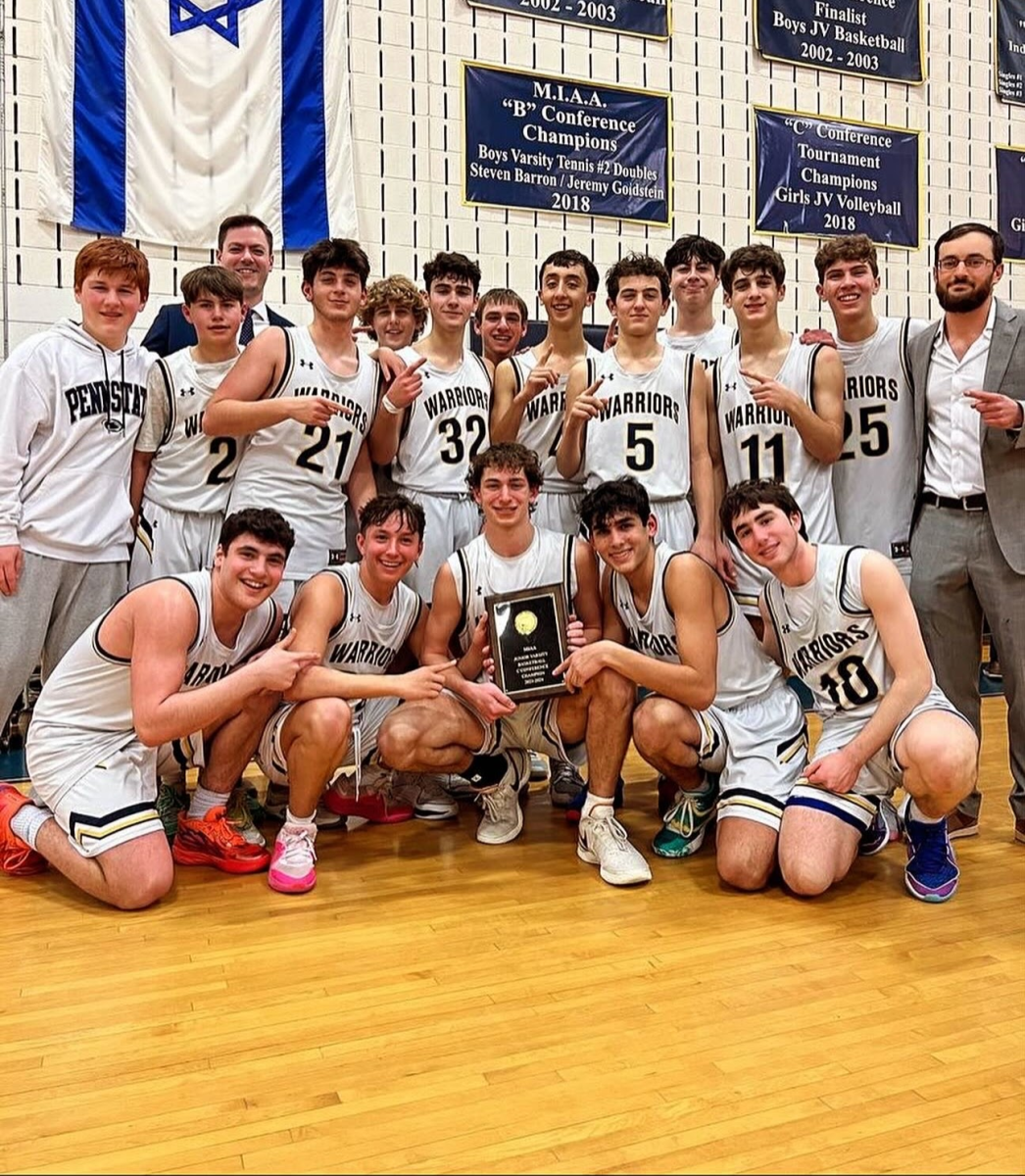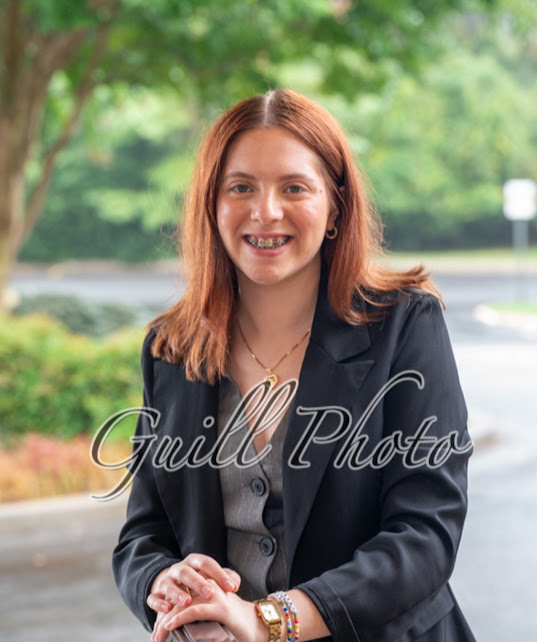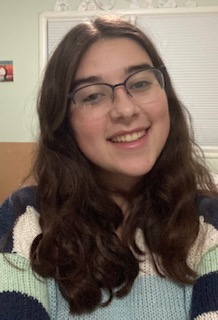Walk into the library any day of the week during lunch, you’re sure to see every chair occupied with students chatting, studying and researching. The library’s popularity has exploded over the past couple of years, after being restricted due to COVID. This is especially true this year, as the library was renovated over the summer. I sat down with Mrs. London, our school librarian, to hear the inside story behind the renovation, the resources the new library provides, and her outlook on libraries during the age of the Internet.
The plan to renovate began a few years ago in honor of Beth Tfiloh’s upcoming centennial celebration, because the original library had been built a few decades ago, and the shelves and furniture were breaking down and looked “dated.” In addition, due to the increase in books and other materials, certain sections, such as Judaic nonfiction, were not shelved together, making navigation confusing. To make matters worse, during COVID, the shelves were rearranged in order to comply with social distancing requirements, creating what Mrs. London referred to as “serpentine path[s] through the shelving” as well as a “crowded and closed-in” atmosphere. This especially prompted the renovation, as the school envisaged the library as a “place of learning AND community,” meaning the library had to be expanded to accommodate the students utilizing its space.
Additionally, Mrs. London shared the resources the library provides, including ones not often taken advantage of by students. For one, the library added a study room in the back that provides a space even more quiet than the rest of the library. Due to its closed door, students can study during lunch in an undisturbed environment while their friends socialize in the open area. Additionally, it is a great space for teachers to meet with their students if they feel a quieter setting is necessary.
But, aside from lunch, the library is usually hushed, including outside the study room. Such a quality, as Mrs. London remarks, “fosters that sort of sustained attention that allows you to complete assignments more efficiently.” That, along with the distraction-free environment, makes the library a valuable resource to those with heavy academic loads, especially if they get distracted at home. The library also provides helpful physical resources, with up-to-date titles in every genre and subscriptions to many major magazines. More importantly, if a student requests a book or magazine that is not currently available in the library, Mrs. London can always discuss purchasing the requested media with them.
Besides talking to Mrs. London about our own library, I asked her whether she thinks libraries in general are still relevant and important to students, considering they have the answers to most of our questions at our fingertips. According to Mrs. London, although some schools have gotten rid of their libraries, they are making “a terrible mistake” because “when you get absorbed in a book, it has a sort of healing effect on the body and mind, in that you are focusing for an extended period of time rather than skipping from thing to thing on the phone.” In other words, a library is not a relic of the past, it is an antidote to the challenges of the present – including the younger generations’ preoccupation with their phones and to the wealth of misinformation that floats around the Internet every day. To that, Mrs. London cites the common moniker of the Jewish people – “the people of the book.” This highlights the Jewish value of learning and knowledge, and, by extension, books. As a Jewish school, it clearly aligns with our values to maintain a beautiful and flourishing library.
Of course, technology can be a welcome tool to further our education, and the balance between the two sources of information perfectly encapsulates Beth Tfiloh’s policy of “multiple literacies.” As students are assigned a research paper in every English class, the library provides the resources needed to learn research skills as well as “a plethora of excellent databases” for students to explore, as Mrs. London explains.
It is clear from the time and money Beth Tfiloh has invested that the library is here to stay. Looking to the future, Mrs. London believes that while this library perfectly suits the needs of BT students right now, the design is flexible enough so that future reconfiguration is easy. As for the relevancy of the library in the future, while technologies expand in ways we haven’t thought of yet, she holds that “at the end of the day people will still want to hold a book in their hands.”









Sarah Fruman • Nov 3, 2023 at 11:05 am
So good. Love the ending!!!